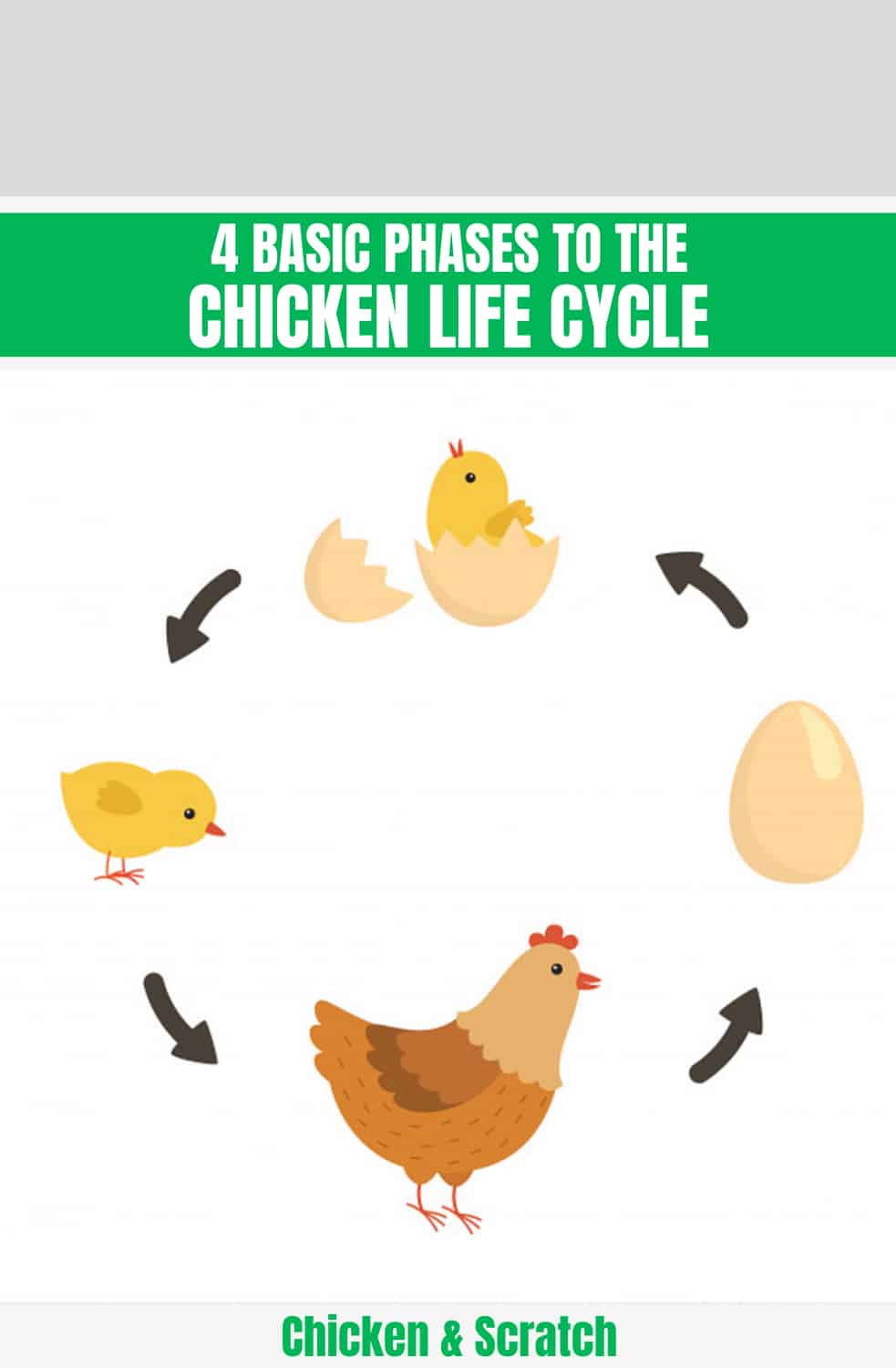The lives of chickens are often overlooked, but they are as fascinating as any other animal. In this article, we will uncover the secrets of a chicken life, providing an insight into the fascinating world of chicken husbandry. We will look at the different aspects of caring for chickens, from housing and nutrition to behavior and health. Additionally, we will explore the importance of chickens in our society, from the food industry to backyard flocks. With this insight, we can learn to appreciate the complexities of a chicken life and gain a greater understanding of the important role chickens play in our lives.
Chicken Physiology

Chicken Anatomy
Chicken anatomy is quite different from that of other animals. Chickens have a strong, muscular body with a long neck and a long tail. The wings are short and curved, and the legs are powerful and muscular. The head is small, the eyes are large and the beak is curved. The feathers are soft and downy, providing insulation and protection from the elements.
Chicken Behavior
The life of a chicken is largely dictated by their natural instincts. Chickens are social animals, preferring to live in groups and often forming close bonds with one another. They are also active creatures, spending much of their day foraging for food and exploring their surroundings. Chickens are also highly territorial, defending their flock’s area from intruders. They also have strong maternal instincts, protecting their young and teaching them the skills they need to survive.
Chicken Husbandry
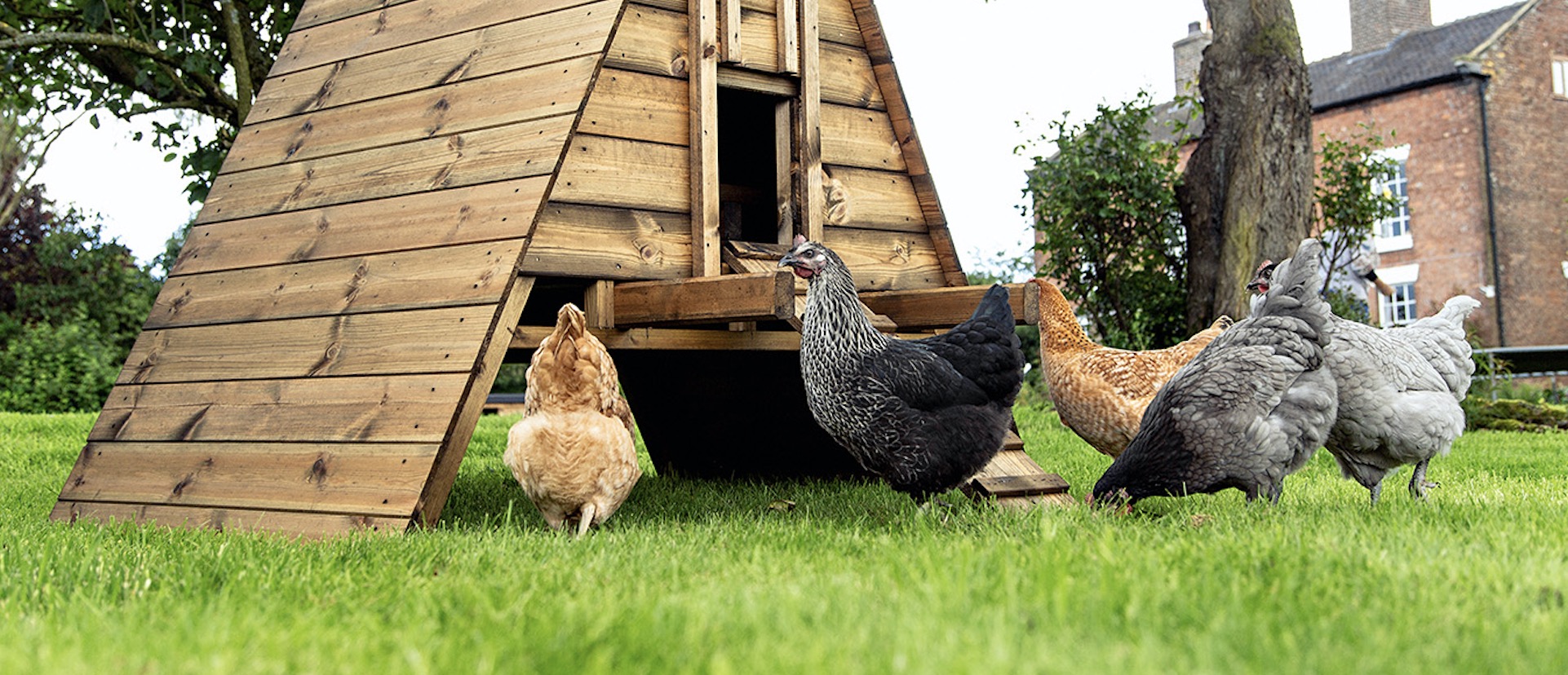
Feeding
The life of a chicken requires a balanced diet to ensure healthy growth and development. Providing a balanced feed ration that meets the bird’s nutritional needs is the most important factor of chicken husbandry. A diet should include a combination of energy, protein, vitamins, and minerals. In addition to commercial feed, chickens can also benefit from having access to fresh grass, insects, and other sources of protein.
Housing
Providing a safe and comfortable environment is essential for chicken husbandry. Chickens need shelter and protection from predators and the elements. A coop should be well-ventilated and provide adequate space for the birds to move and spread their wings. Bedding should be changed regularly to prevent the spread of disease and parasites.
Predation
Chickens are vulnerable to predators, and chicken husbandry requires the flock be properly protected. Fencing should be installed around the coop and pasture to keep out predators, and the coop should be securely locked at night. Roosters can also be used to alert the flock of potential danger.
Health Care
A healthy flock is essential to successful chicken husbandry. Preventative measures should be taken, such as regular deworming and vaccinations, to ensure the health of the birds. It is also important to monitor the flock for signs of illness or injury and provide prompt treatment when necessary. Regular cleaning of the coop and providing a balanced diet are also important factors in maintaining a healthy flock.
The Benefits of Chicken Husbandry
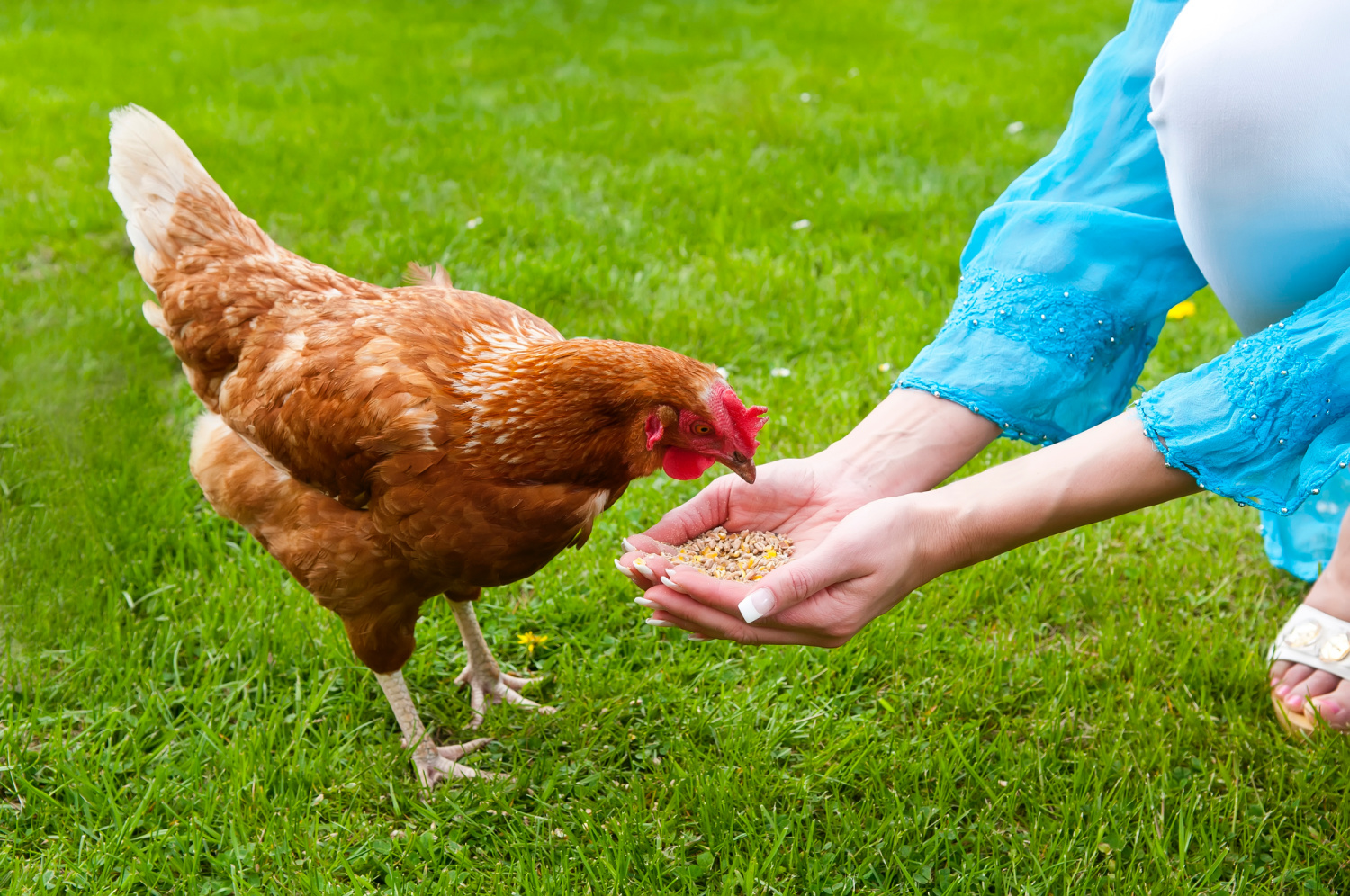
- Chickens are easy to take care of and require minimal maintenance. Their diet is simple, and they don’t need a lot of attention or space, making them ideal for those living in small spaces.
- Chickens provide a sustainable source of eggs, which are a great source of protein and healthy fats. They are also a renewable resource, as they lay eggs regularly.
- Chickens provide many environmental benefits, such as reducing pests, fertilizing soil, and controlling weeds.
- Raising chickens is an economical way to obtain a source of fresh eggs and meat. They also produce droppings that can be used as a natural fertilizer for plants.
- Chickens provide companionship and entertainment for both humans and other animals. Watching them forage and interact with each other can be a soothing and fun experience.
- Chickens are social animals and form strong bonds with their owners. Having a chicken in the home can be a comforting, enriching experience.
The benefits of chicken husbandry are numerous, and the joys of a chicken life are invaluable. With minimal time and effort, anyone can have the opportunity to raise their own chickens and reap the rewards of a sustainable, healthy, and enjoyable way of life.
Challenges in Chicken Husbandry
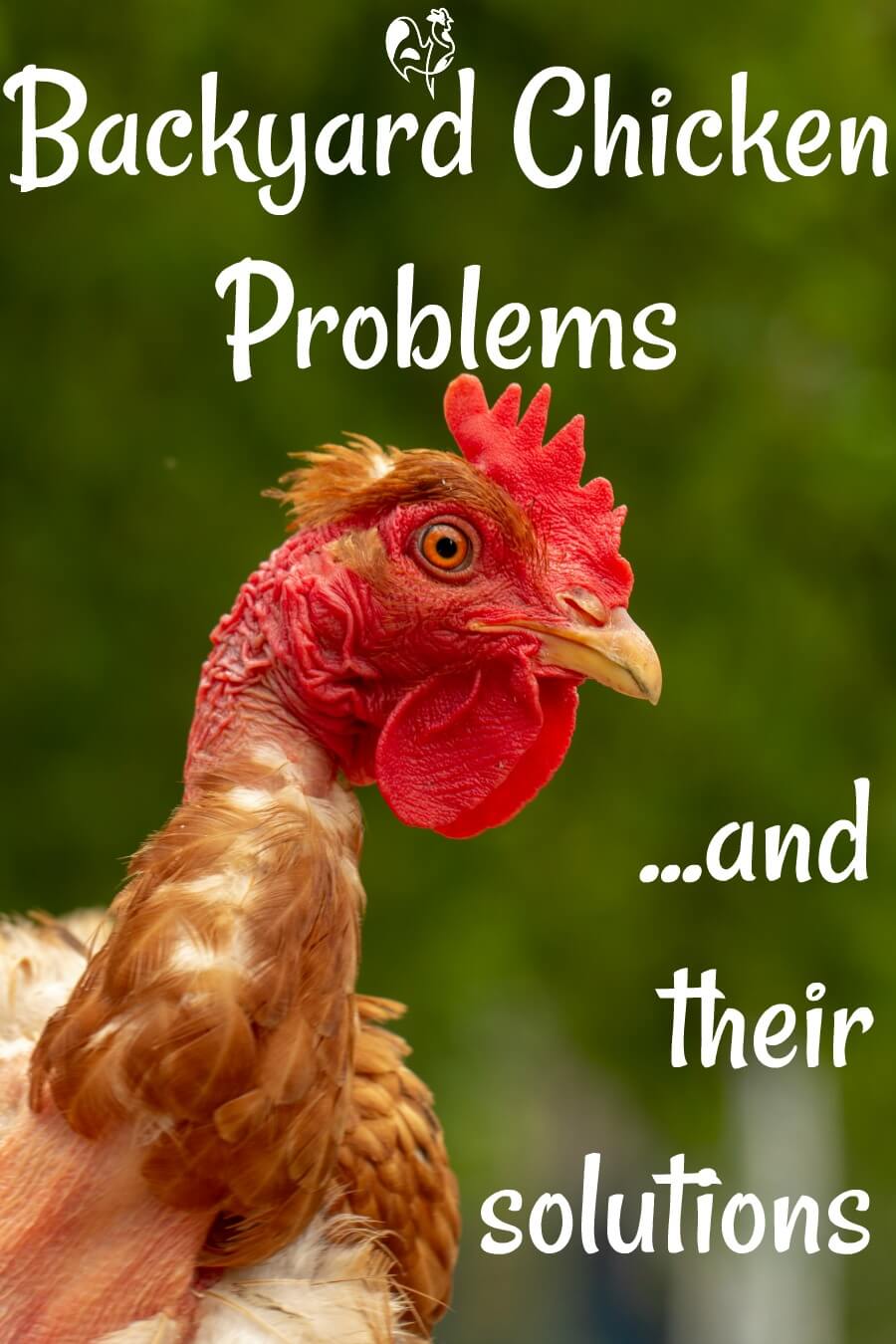
Predation is a major challenge for chicken husbandry. Chickens are a favorite meal for many predators such as foxes, coyotes, raccoons, and other birds of prey. A secure coop and run are essential to protect chickens from predators. Additionally, it is important to check the coop and run regularly for signs of predators, such as chewed wires or bent latches.
Disease is another challenge in chicken husbandry. Chickens are prone to a wide range of diseases, including respiratory infections and parasites. Before introducing new chickens to a flock, it is important to quarantine them to ensure they are not carrying any diseases. Regular cleaning and sanitation of the coop and run is also essential to prevent the spread of disease.
Nutrition is an important factor in maintaining good health in chickens. It is important to provide chickens with a balanced diet that includes a variety of grains, vegetables, and protein sources. Additionally, it is important to provide access to clean, fresh water at all times.
Space is another challenge in chicken husbandry. Chickens need plenty of space to stretch their wings and move around. Crowded conditions can cause stress and can lead to health issues. It is important to provide enough space for chickens to move around and socialize.
Parasites are another challenge in chicken husbandry. Internal and external parasites can cause health problems in chickens. Regular deworming and pest control are essential to keep chickens healthy. Additionally, it is important to inspect chickens regularly for signs of parasites.
How to Overcome Challenges of Chicken Husbandry
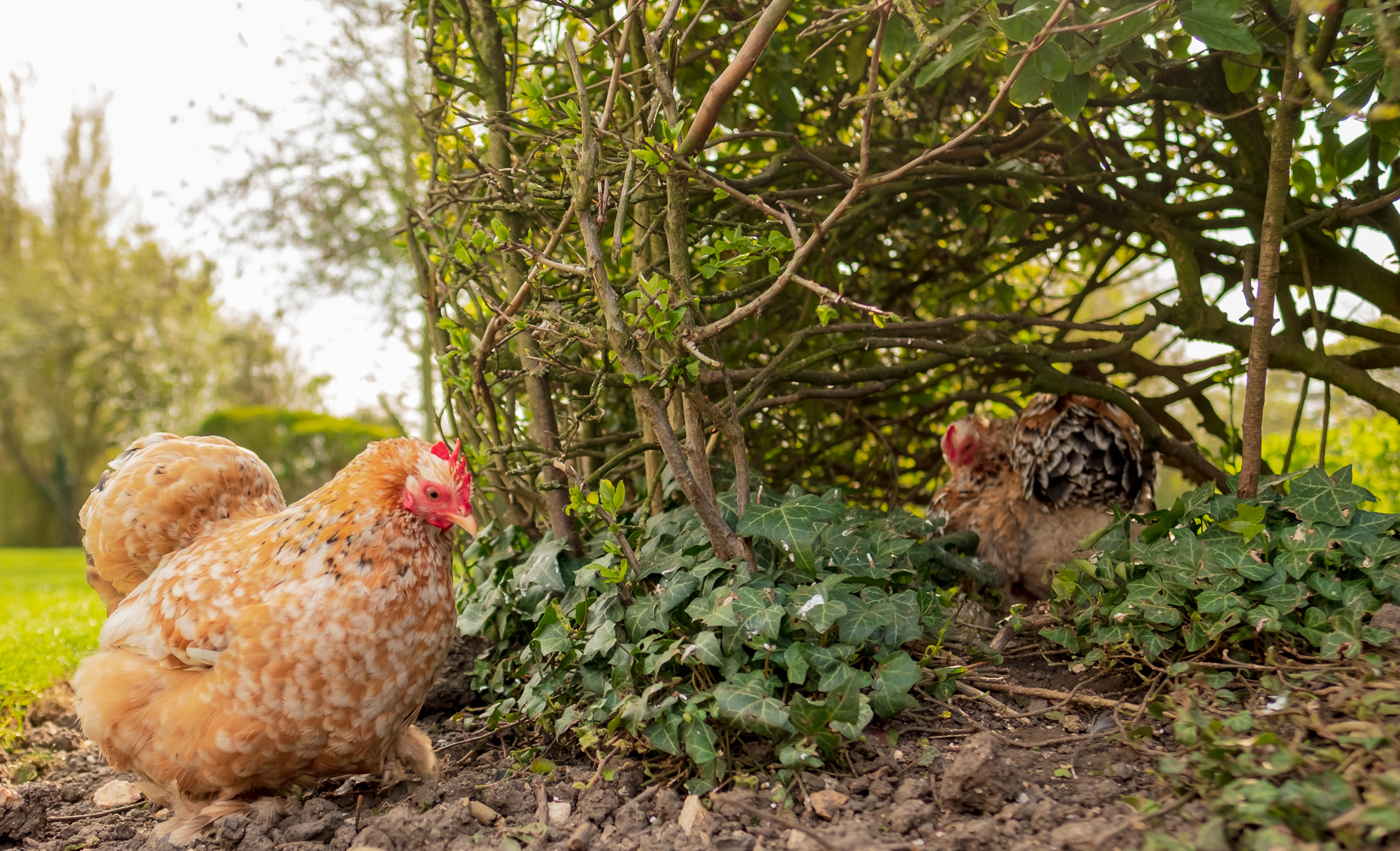
Space: One of the biggest challenges of chicken husbandry is providing enough space for the birds. Chickens need a certain amount of space in order to be healthy and productive. Inadequate space can lead to overcrowding, stress, pecking, and other serious issues. To ensure the birds have enough space, provide them with a large enough coop and run. Additionally, keep the flock size manageable to prevent overcrowding.
Disease: Another challenge of chicken husbandry is keeping the birds healthy and free from disease. It is important to keep the coop and run clean and free of parasites. Additionally, provide your birds with a healthy diet, exercise, and access to clean water. Vaccines are also recommended to prevent certain diseases.
Predators: Predators are always a threat to chickens, which is why it is important to take the necessary precautions to protect them. These include fencing off the coop and run, using predator-proof housing, and ensuring the birds are supervised when outside.
Weather: The weather can also be a challenge for chicken owners. In cold climates, it is important to make sure the birds are kept warm and dry. In hot climates, proper ventilation is essential to keep the birds cool. Additionally, provide the birds with shade to protect them from the sun.
Feed: Feed is essential for chickens to stay healthy. Make sure to provide them with a balanced diet that is high in protein and low in fat. Additionally, provide your birds with access to grit, oyster shell, and other supplements to help them digest their food more efficiently.
Costs: Keeping chickens can be expensive, as they require certain supplies and equipment to stay healthy and productive. To keep costs down, shop around for the best deals on feed, equipment, and supplies. Additionally, be sure to properly maintain all of the equipment to ensure it lasts as long as possible.
The Future of Chicken Husbandry
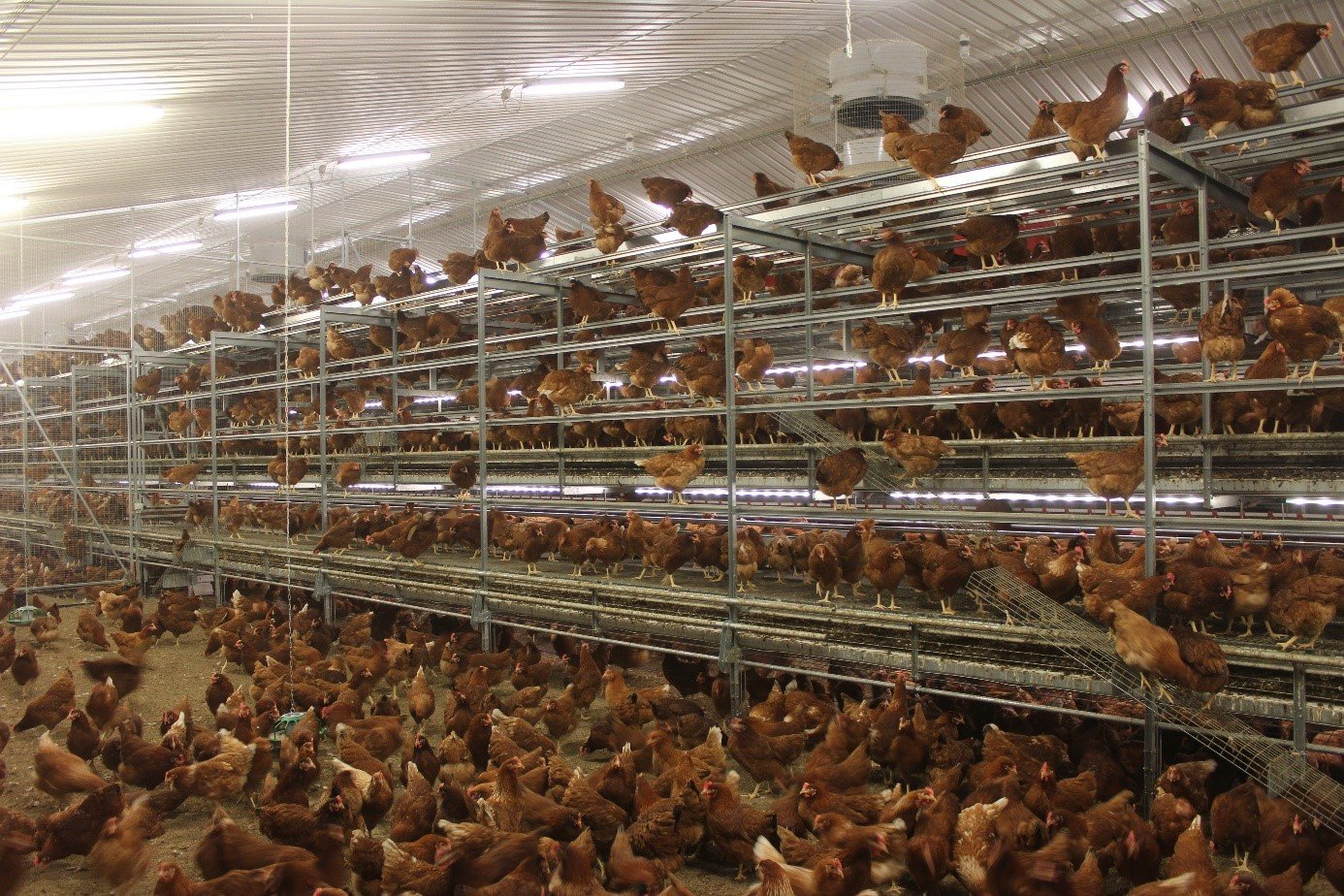
Chicken husbandry is an ever-evolving field and the future of the industry looks promising. Advances in technology and science are making it possible to raise healthier, more productive chickens. In the next few years, we can expect to see a number of innovations that will help poultry producers improve their operations and raise better chickens.
One of the major changes that will likely occur is the increased use of automation. Automation can help poultry producers reduce costs and improve efficiency by automating certain tasks such as feed distribution, egg collection, and cleaning. This will also reduce the amount of labor required to run a poultry farm.
Another major trend is the increased use of data and analytics. Poultry producers can use data and analytics to optimize their operations, identify trends, and make better decisions about the health and productivity of their chickens. This could lead to better feed management, improved disease prevention, and improved breeding practices.
The use of genetics is also becoming increasingly important in poultry husbandry. With the use of genetic engineering, poultry producers can select for traits that will make their chickens healthier, more productive, and more resistant to disease.
Finally, the use of technology to monitor and manage chicken health is becoming more common. Technology such as sensors and cameras can be used to monitor the health of chickens, detect disease, and even predict future health problems. This can help poultry producers identify and address health problems before they become serious.
| Innovation | Benefits |
| Automation | Reduced costs, Improved efficiency |
| Data and Analytics | Optimized operations, Improved decisions |
| Genetics | Healthier chickens, Improved breeding practices |
| Technology | Monitor and manage health, Detect and predict diseases |
The future of chicken husbandry looks very promising and the advancements in technology and science will bring great benefits to poultry producers. The use of automation, data and analytics, genetics, and technology will all help to improve the health and productivity of chickens, making poultry husbandry more efficient and profitable.
Conclusion
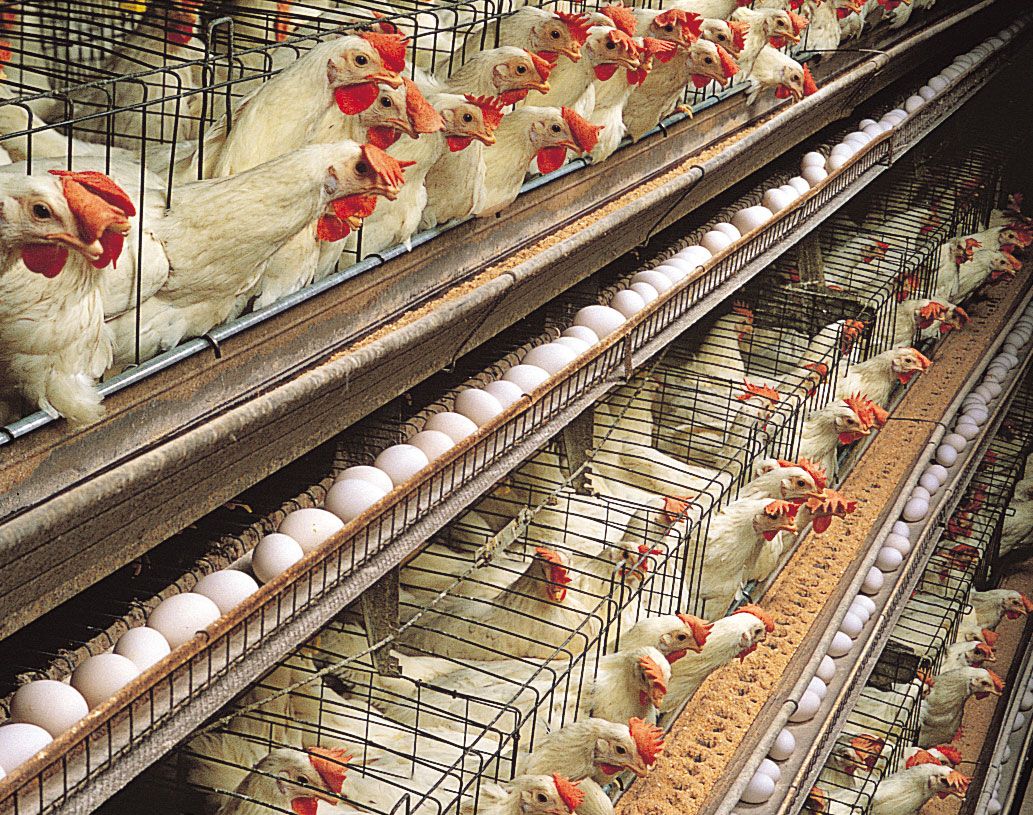
- Chicken Husbandry is an important aspect of poultry farming. It involves providing birds with the right nutrition, housing, and environmental conditions to keep them healthy.
- The Chicken Life Cycle is a key part of understanding the different stages of a chicken’s life and how to care for them accordingly.
- Basic health practices such as proper nutrition, vaccinations, and parasite control are essential for the health of chickens.
- Finally, Chicken Welfare is an important factor in raising healthy chickens. Creating a safe and enriching environment for chickens is essential for their well-being.
In conclusion, Chicken Husbandry is a complex but rewarding activity. Providing the right nutrition, housing, and environmental conditions for chickens is essential for their health and welfare. With the right knowledge, owners can ensure that their chickens have a long and healthy life.
References
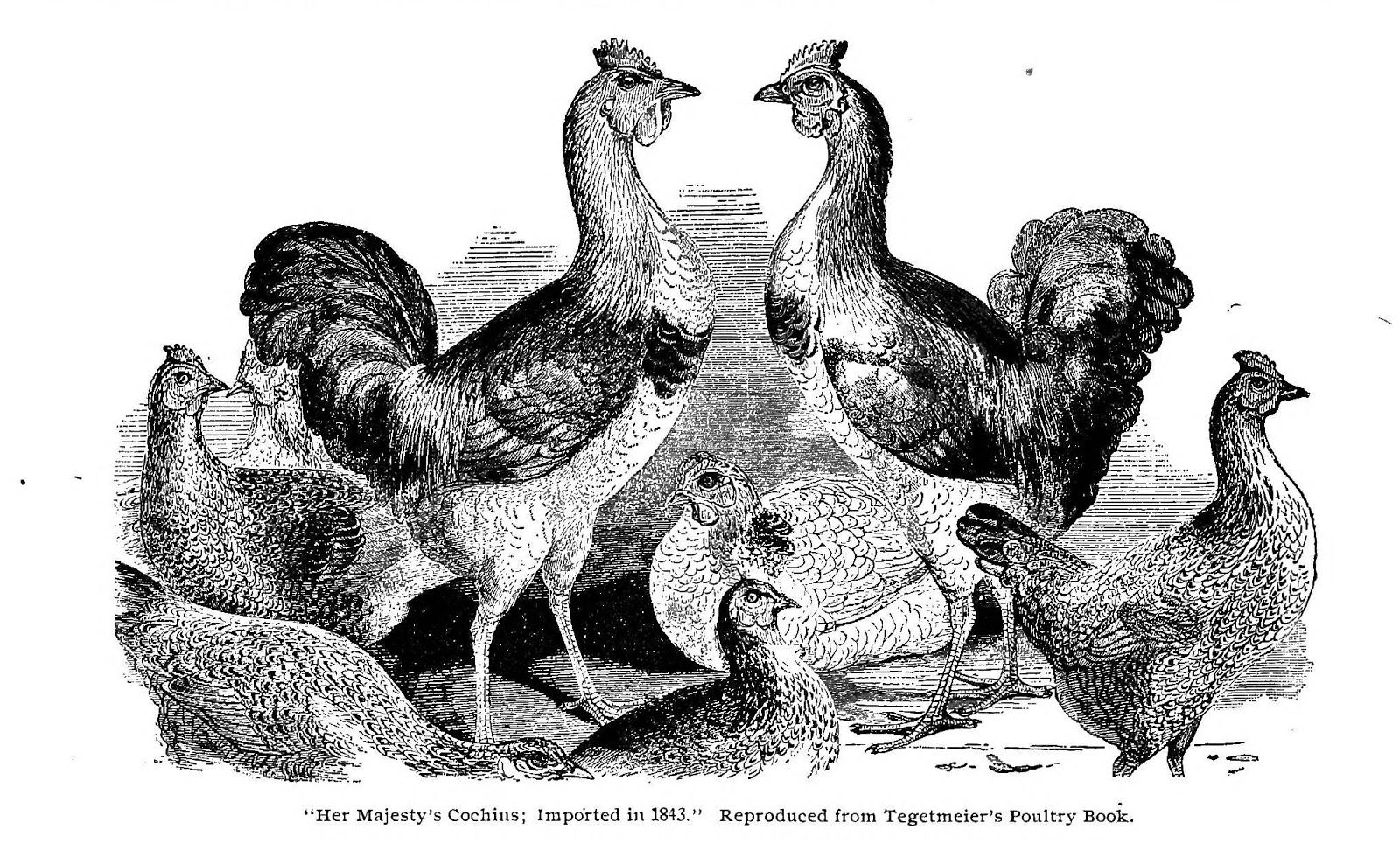
- Flock Health: A Guide to Raising Healthy Chickens, edited by Gail Damerow, Storey Publishing, 2015
- The Ultimate Guide to Raising Chickens, by Mark Kennedy, Voyageur Press, 2013
- The Chicken Health Handbook, by Gail Damerow, Storey Publishing, 1994
- Raising Chickens for Dummies, by Kimberly Willis, Wiley, 2011
- Chickens in Your Backyard: A beginner’s guide to keeping chickens, by Robert Plamondon, Storey Publishing, 2011
- Storey’s Guide to Raising Chickens, by Gail Damerow, Storey Publishing, 2010
- The Chicken Encyclopedia: An Illustrated Reference, by Gail Damerow, Storey Publishing, 2006
- Storey’s Illustrated Guide to Poultry Breeds, by Carol Ekarius, Storey Publishing, 2009
Life of a Chicken
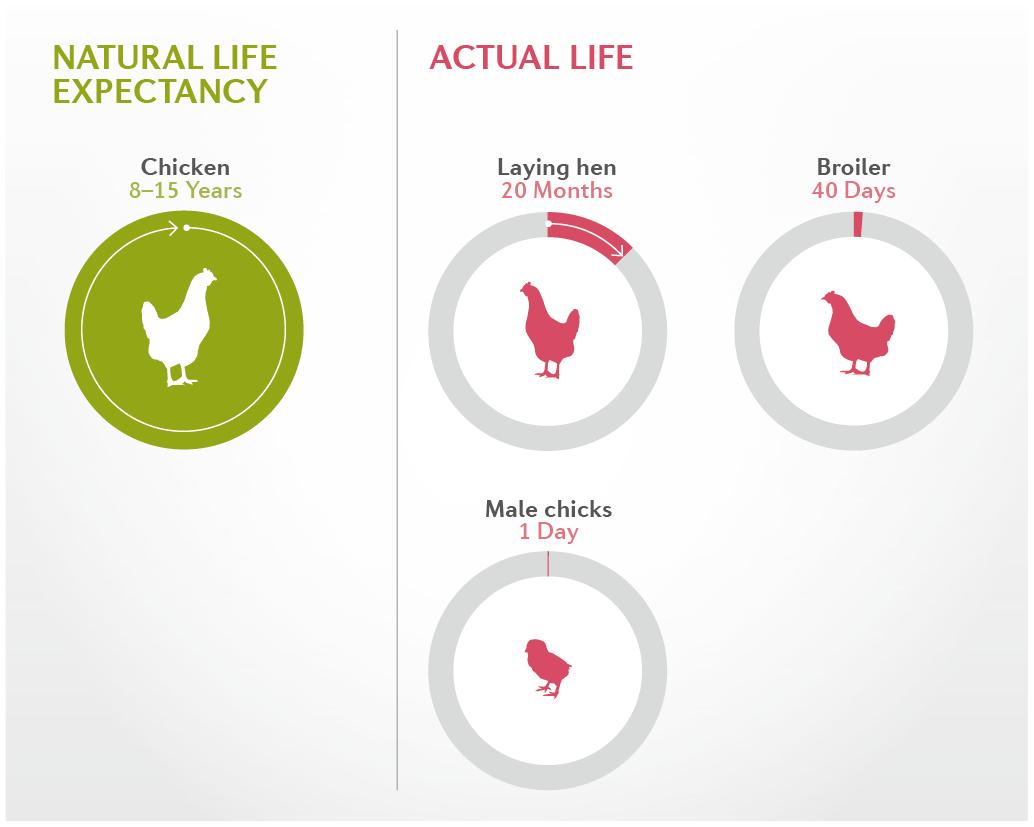
- Chickens are social animals: Chickens love to interact with each other and with their human caregivers. They form close bonds and show affection, like preening one another. They even have the ability to remember up to 100 other chickens, and can recognize their own offspring.
- Chickens show different personalities: Just like humans, chickens have individual personalities. Some are bold and brave, while others are shy and more easily scared. Some chickens can be more dominant than others, and even among siblings, there can be large differences in behaviour.
- Chickens are intelligent: Chickens are capable of solving complex problems and can even learn to distinguish between different objects, shapes, and colors. They can also recognize up to 100 other chickens, and remember the locations of their food sources.
- Chickens can communicate: Chickens have a complex language of sounds and body language that they use to communicate with each other. Chickens also communicate with humans, and can be trained to recognize their names and come when called.
- Chickens need space: Chickens need space to roam, scratch, and dust bathe. A minimum of 4 square feet per chicken is recommended, and larger areas are preferable. Chickens also need perches to sleep on, as well as plenty of fresh water and food.
- Chickens are sensitive to their environment: Chickens are sensitive to changes in their environment, and can become stressed if their living conditions are not ideal. They need a comfortable, clean, and safe place to live, with plenty of space and shelter from the elements.
Conclusion:
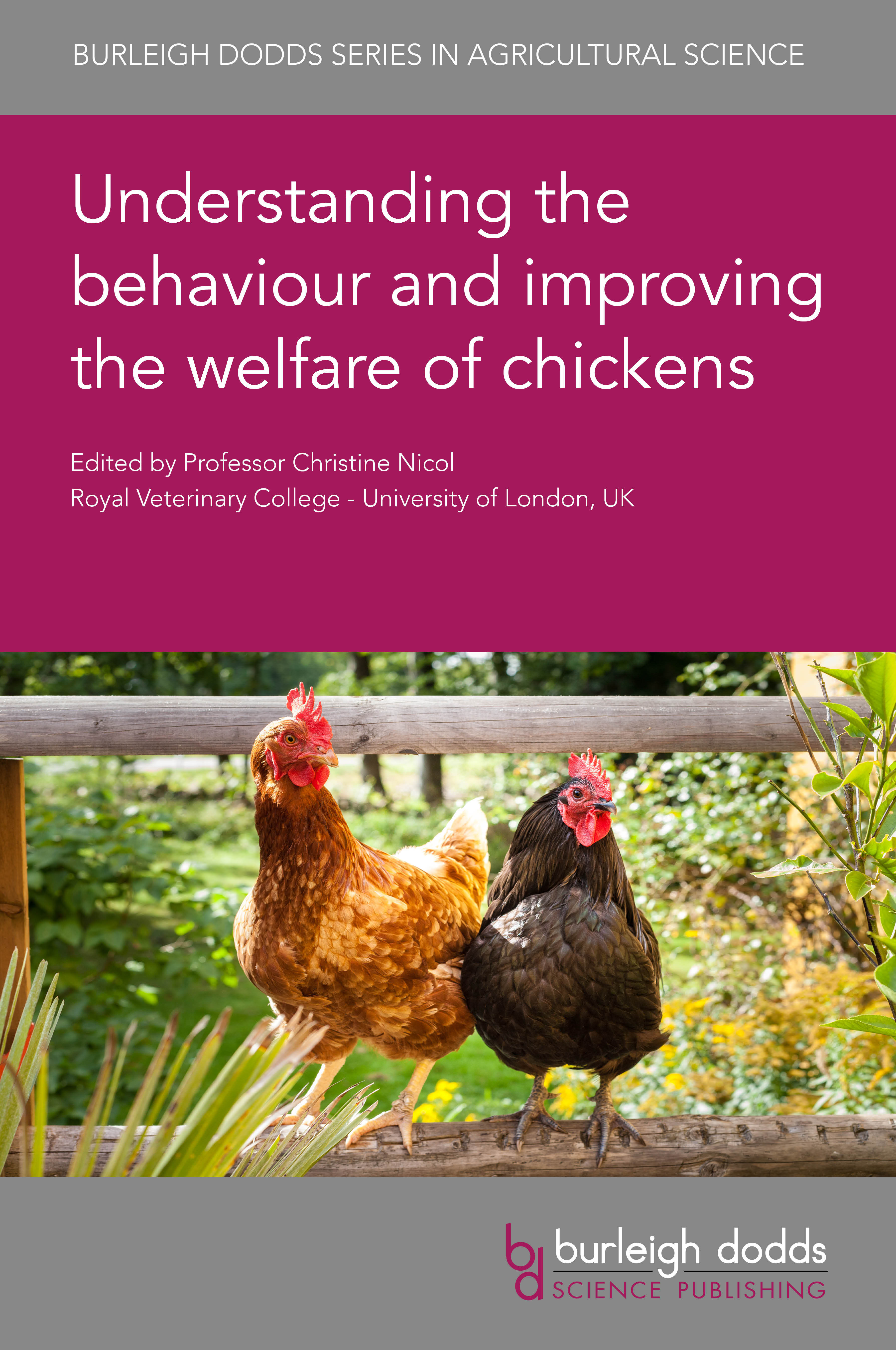
- The life of a chicken can be greatly improved by proper husbandry. Good husbandry involves providing a safe and comfortable environment, with plenty of food and water, adequate protection from predators, and plenty of space to move and exercise. Proper husbandry also includes providing veterinary care when needed, as well as regular vaccinations.
- Chickens have a unique and important role in the agricultural industry. They provide a valuable source of protein and eggs, and their waste can be used as fertilizer for crops. Furthermore, chickens are a great source of entertainment, especially for children.
- The proper care and husbandry of chickens is essential to their well-being. It is important to research the proper care and husbandry of chickens in order to ensure a long and healthy life for them. With proper care and husbandry, chickens can live a long and healthy life.
“The Benefits of Proper Husbandry Practices”
With proper husbandry practices, chickens can live longer, healthier lives that benefit both the chickens and the humans who care for them
Housing: Ensuring that chickens have adequate housing is essential to their health. A secure, weather-proof coop with enough space for chickens to move around is essential for keeping chickens healthy and comfortable.
Nutrition: Providing the chickens with a varied and balanced diet is essential for their growth and well-being. A diet of grain, vegetables, and insects should be supplemented with minerals and vitamins.
Health Care: Regular health checks and vaccinations help keep chickens from getting sick. Veterinary care and preventive treatments should be administered as needed.
Environment: Chickens should be provided with an environment that is free from excessive noise and overcrowding. A clean and sanitary coop, run, and yard will help keep chickens healthy and safe.
Care: Proper care is essential for the chickens’ well-being. Providing them with enough food and water, as well as regular exercise, is essential for a healthy and happy life.
Frequently Asked Questions
What are the basic needs of chickens?
Housing: Chickens require ample shelter to protect them from weather and predators. The coop should provide enough space for the chickens to sleep, eat, and move around. It should also be ventilated and well-insulated.
Food and Water: Chickens require a balanced diet of protein and carbohydrates, supplemented with vitamins and minerals. Fresh, clean water should always be available.
A Secure Environment: Chickens should be kept in a secure, predator-proof enclosure. The coop should be constructed from durable materials and secured with locks.
Health Care: Chickens need regular check-ups to ensure they stay healthy. Vaccinations can help prevent disease, and regular de-worming and parasite control can keep them parasite-free. A clean, dry environment is also important for good health.
Careful Handling: Chickens should be handled with care to prevent injury. They should be lifted gently and never dropped.
What are the Benefits of Keeping Chickens?
Keeping chickens is an incredibly rewarding experience that provides numerous benefits. It can help to reduce food waste and provide a source of fresh eggs, meat, and fertilizer. Chickens are also great for pest control as they eat insects, slugs, and snails that can invade gardens and yards. Having chickens also provides an opportunity to interact with animals and teach children about responsibility and the joys of animal ownership. Finally, chickens provide an inexpensive form of entertainment and can be a great way to relax and unwind from the stresses of everyday life.
How often should I feed my chickens?
- Adults: Provide feed ad libitum (any time they want) – usually twice a day.
- Chicks: Provide chick starter feed in a feeder or on paper towel at least twice a day.
- Layering: Provide layer feed in an automatic feeder, once a day.
- Treats: Offer treats such as fresh vegetables and grains in small quantities, once a day.
Chickens should be fed regular meals as they require a balanced diet of protein, carbohydrates and fats. A diet of commercial chicken feed, supplemented with fresh vegetables and grains, is the best way to ensure they get all the nutrients they need. Chickens should be fed twice daily, once in the morning and once in the evening. For chicks, feed should be provided ad libitum (any time they want) up to four times a day. For layers, provide layer feed in an automatic feeder once a day. Treats such as fresh vegetables and grains can be given in small quantities once a day.
What kind of shelter is best for chickens?
Chickens require a safe and comfortable shelter to protect them from the elements and predators. The ideal shelter should be spacious, well-ventilated, and insulated against extreme temperatures. It should also be easy to clean and provide adequate room for the chickens to lay their eggs. The shelter should be positioned in a dry, sunny spot and should have access to the outdoors, such as a chicken run or enclosed yard. The shelter should also provide ample space for the chickens to roost, with plenty of roosting bars, perches, and nesting boxes.
How can I tell if my chickens are healthy?
Observe: Observing your chickens closely will help you to determine whether they are healthy or not. Check if they are active and alert, whether they have bright eyes, glossy feathers and a clean vent.
Check the Droppings: Take a look at the droppings of your chickens. Healthy chickens will have firm and well-formed droppings. If the droppings are loose, watery, or have a strange smell, it could indicate a health issue.
Listen to them: Listen to your chickens. Healthy chickens will produce contented clucking sounds. If they are coughing or wheezing, it could be a sign of respiratory illness.
Check for Lice: Inspect your chickens for lice, mites or other parasites. These parasites can cause irritation and can weaken the chickens’ immune system.
Check for Bumps or Injuries: Check for any bumps, sores or injuries on the chickens. These can be caused by a number of things, from fighting amongst themselves to being attacked by a predator.
Check for Egg Production: Check the egg production of your chickens. If your chickens are healthy, they should be producing eggs regularly. If their egg production suddenly drops, there may be a health issue.
Check the Feed: Check the feed that you are providing to your chickens. Make sure that it is of good quality and that they are getting the required nutrients. Provide them with a balanced diet and fresh water at all times.
Check the Vent: Check the vent of your chickens for any swelling or discharge. This could indicate an infection or other health issue.
Conclusion

Raising chickens can be a rewarding experience that brings joy to the backyard. With proper husbandry principles, chickens can lead healthy and long lives. Good nutrition, clean environment, and regular inspections can help ensure that the chickens are happy and healthy. With the right support and care, chickens can provide a great source of companionship and food.
References

